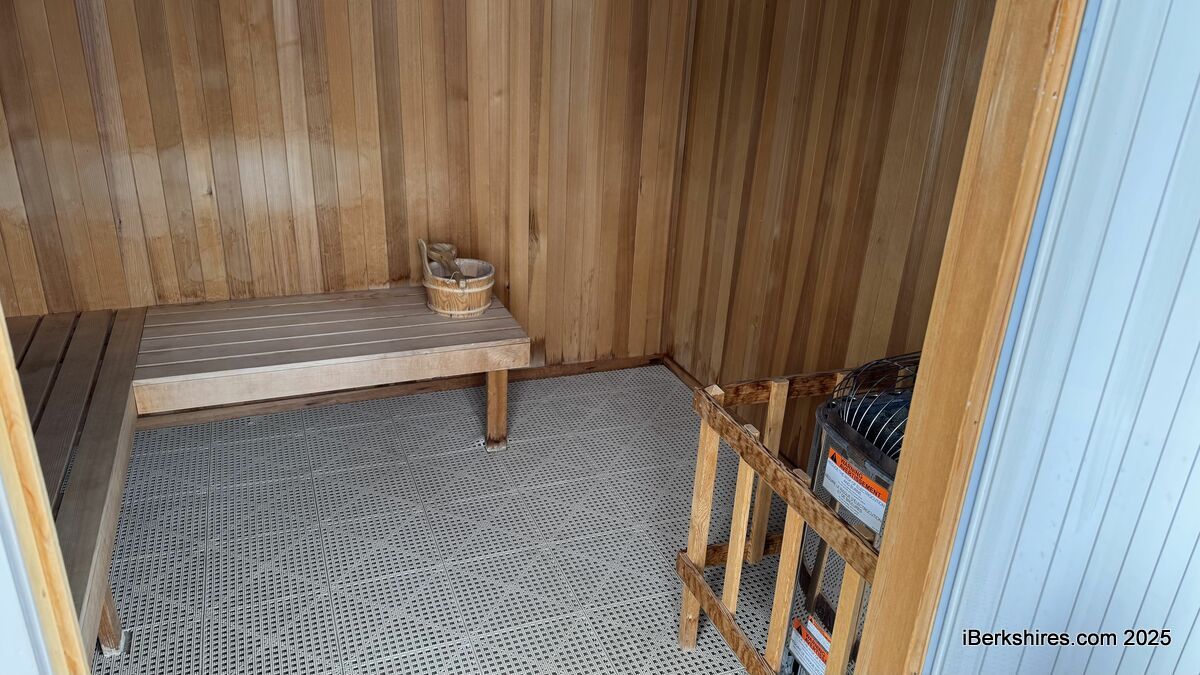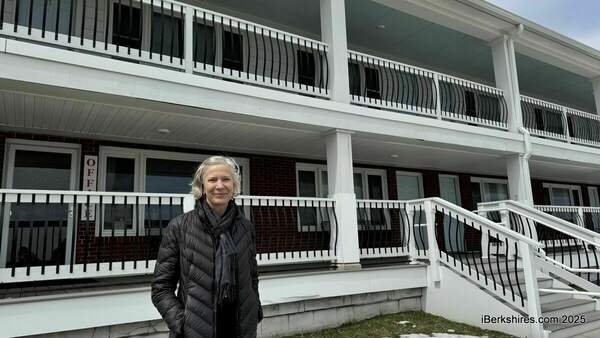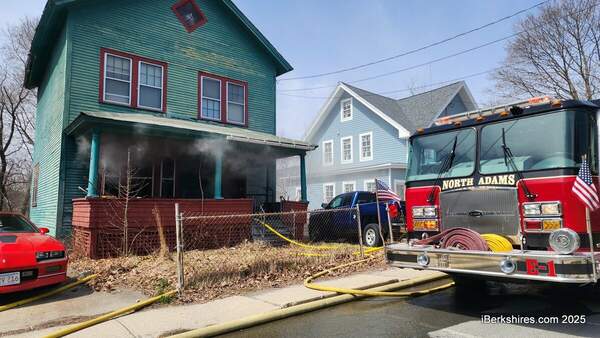Are your protection plans in place?
 |
Have you ever thought about how much you have to protect? Between your family, your finances, your independence and your legacy, it can be quite a lot — and that's why it's important to have the right protection plan in place.
Let's look at these areas of need and some possible protection solutions:
- Protecting your income – An injury or severe illness could prevent you from working for some time. And if that happened, your family's finances could become strained. To help guard against this possibility, you may want to consider disability insurance. Your employer may offer some type of coverage, but it's likely to be short term and may not be enough to help close the income gap you might face, so you may want to consider purchasing your own policy.
- Protecting your family – If you were no longer around, how would your family's lifestyle be affected? Could they stay in the same house? Could your children afford college or another type of post-secondary education? If you have adequate life insurance, the answer to these questions can be "yes." Again, you might get some coverage from your employer, but it may be insufficient, so you may want to explore additional protection through a personal policy. In determining how much coverage you'll need, you'll want to weigh several factors: size of mortgage and other debts, number of children, spouse's income and needs, and the legacy you'd like to leave.
- Protecting your goals – You may have some important financial goals, such as sending your children to college and achieving a comfortable retirement. To protect these goals, you'll need strategies to help prepare for them, which could include investing in an education savings plan and contributing regularly to your IRA and 401(k) or other retirement plans.
- Protecting your financial independence – Hopefully, you will be able to remain financially independent your entire life. But this independence could be threatened by the need for some type of long-term care. Consider this: A private room in a nursing home costs, on average, more than $116,000 a year, while the services of a home health aide are more than $75,000 a year, according to Genworth, an insurance company. Medicare generally does not cover these costs or types of needs and would typically only pay for a short period. You might be left with significant bills or creditors and possibly dependent on family or loved ones. To help protect yourself from these threats, you may want to consult with a financial professional, who can offer long-term care solutions.
- Protecting your legacy – When you work hard your whole life, you may want to leave something behind to your loved ones. A comprehensive estate plan can help ensure your family — and the charitable groups you support — will receive the resources you'd like them to have. An estate plan can be somewhat complex, involving various documents and arrangements, including a will, living trust and various powers of attorney, so you'll need to work with a qualified legal advisor, and possibly your financial professional.
As we've seen, "protection" can take many forms. So, try to follow all the protection strategies you need to enjoy the life you've envisioned for yourself and your family.
















